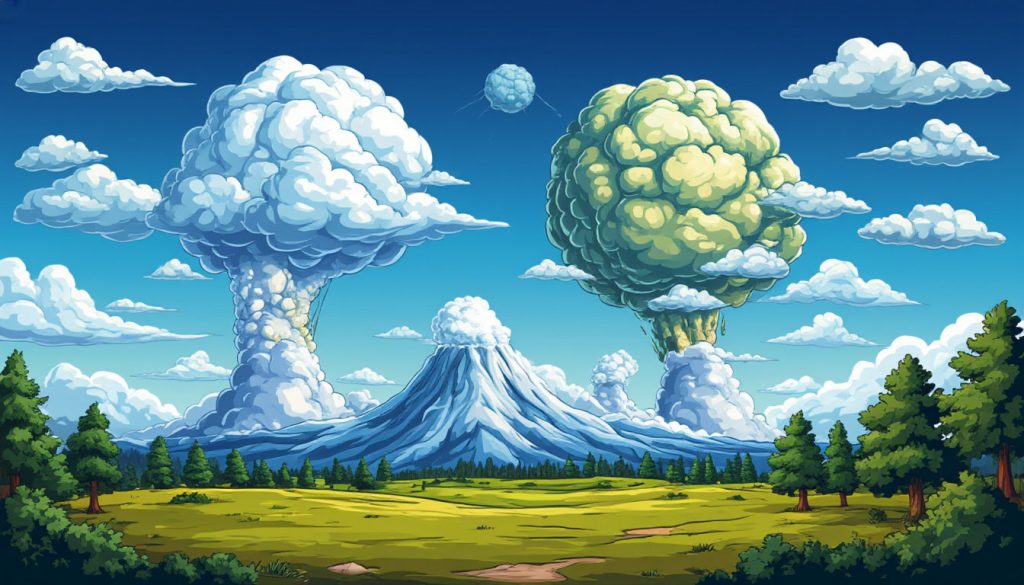Greenhouse gases play a crucial role in regulating Earth’s temperature. Without them, our planet would be a frozen wasteland. However, human activities have sharply increased their concentration in the atmosphere, disrupting the natural balance and accelerating climate change. This article explains what greenhouse gases are, how they work, and why they are central to the global warming crisis.
The Greenhouse Effect Explained
Greenhouse gases trap heat in the Earth’s atmosphere. Sunlight reaches the Earth’s surface, warming it. The surface then emits this heat as infrared radiation. Greenhouse gases absorb and re-radiate part of this heat, keeping the planet warm enough to sustain life — a process known as the greenhouse effect.
Without it, Earth’s average temperature would be about -18°C, instead of the current +15°C. But too much of this effect causes overheating.
Major Greenhouse Gases
- Carbon dioxide (CO₂) — Produced by burning fossil fuels (coal, oil, gas), deforestation, and industrial processes.
- Methane (CH₄) — Emitted by livestock digestion, landfills, wetlands, and fossil fuel extraction.
- Nitrous oxide (N₂O) — Comes from agricultural fertilizers, wastewater treatment, and combustion.
- Fluorinated gases — Synthetic compounds used in refrigeration, air conditioning, and electronics. Though present in small quantities, they are extremely potent.
How They Affect the Climate
As greenhouse gas concentrations rise, more heat is trapped in the atmosphere. This leads to:
- Global temperature increase
- Melting glaciers and rising sea levels
- More frequent and intense heatwaves, storms, droughts, and floods
- Disruption of ecosystems and loss of biodiversity
- Reduced agricultural productivity and water scarcity in vulnerable regions
These effects are already visible and expected to worsen without action.
Solutions to Reduce Emissions
To combat the climate crisis, cities, nations, and individuals can take action:
- Switch to renewable energy (solar, wind, hydro)
- Improve energy efficiency in homes, offices, and transport
- Develop electric vehicles and expand public transit
- Protect and restore forests and wetlands
- Shift to more plant-based diets
- Promote a circular economy with reduced waste and more recycling
Coordinated global efforts — backed by science, policy, and public participation — are essential.
Glossary
- Greenhouse gases — Gases that trap heat in Earth’s atmosphere, contributing to warming
- Greenhouse effect — The natural process by which heat is retained near the Earth’s surface
- Carbon dioxide (CO₂) — The most abundant human-emitted greenhouse gas from fossil fuel use
- Methane (CH₄) — A highly potent gas released from agriculture, landfills, and fossil fuels
- Circular economy — An economic model that emphasizes reuse, recycling, and reducing waste


